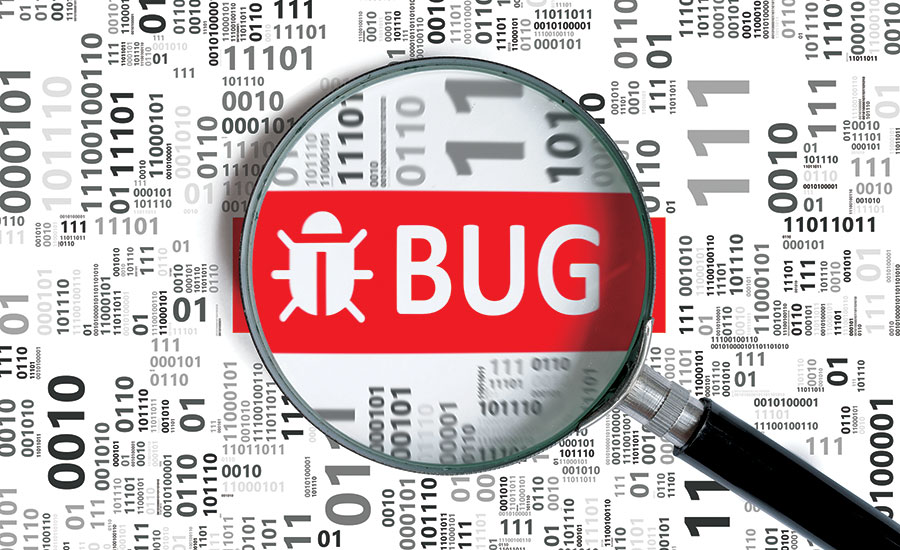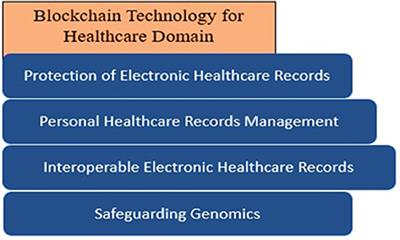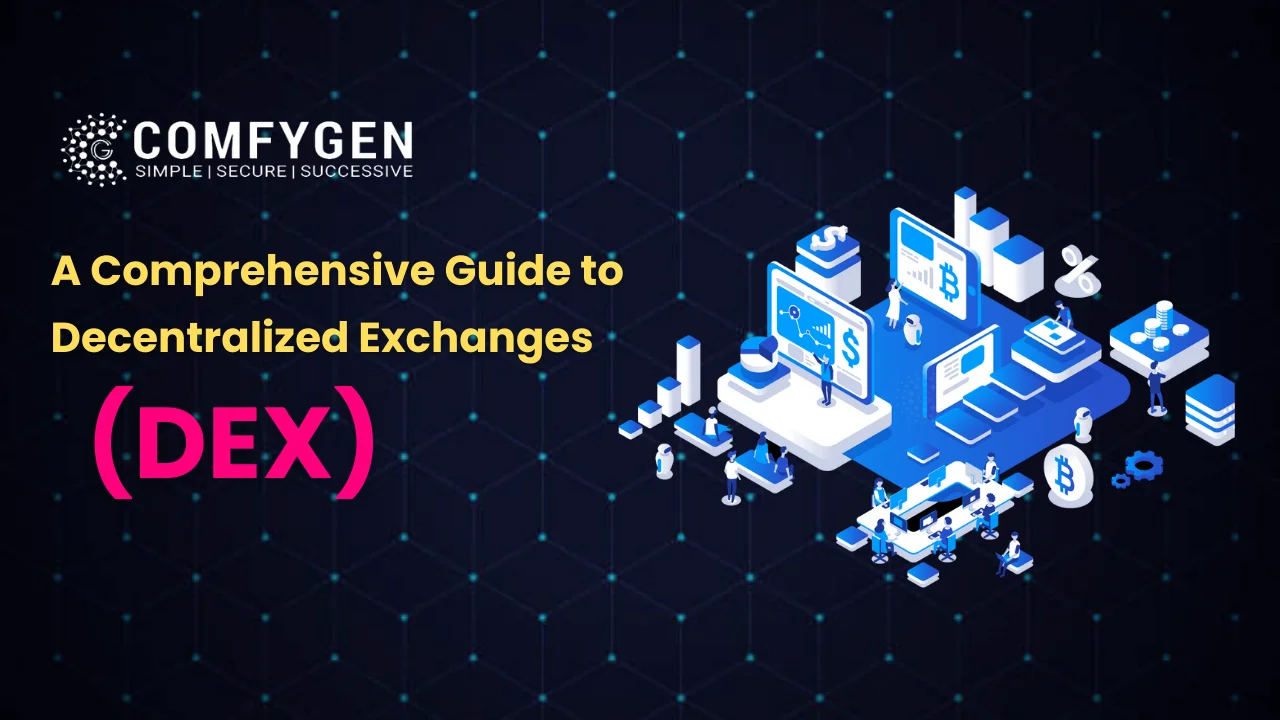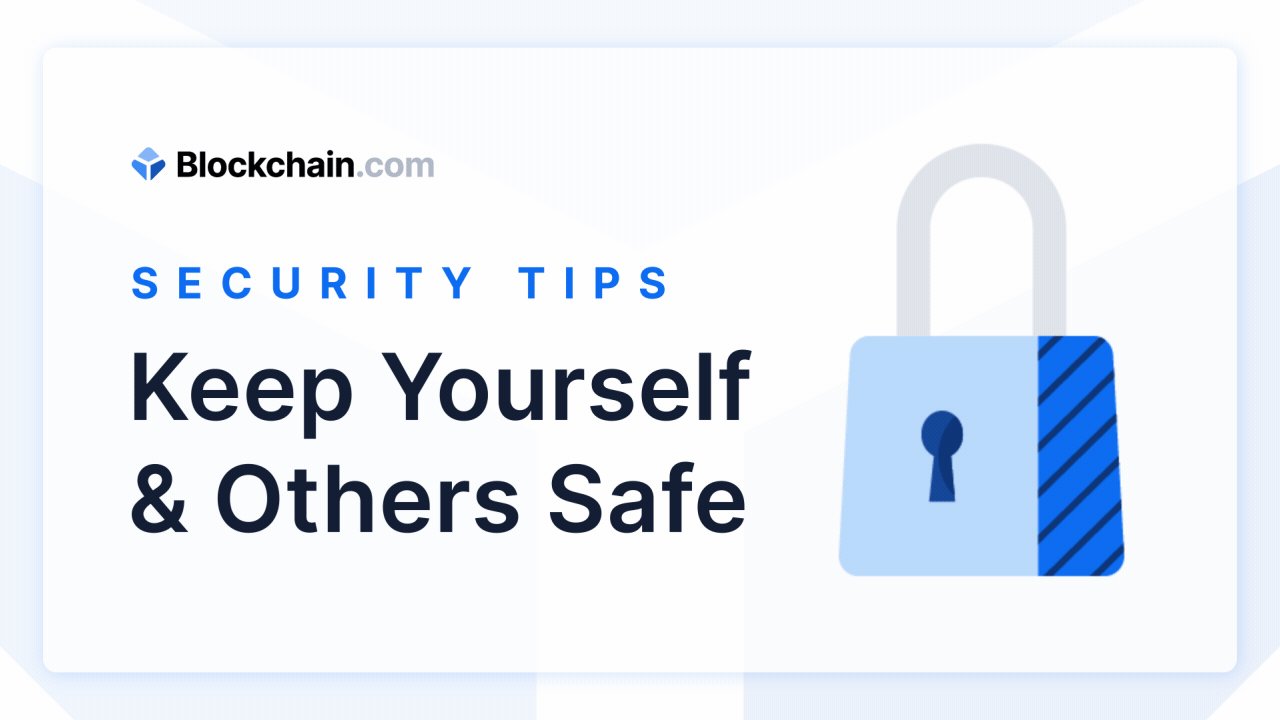
Unlocking Security: Navigating Through Bug Bounty Programs
Bug bounty programs have become integral in the cybersecurity landscape, providing a proactive avenue for organizations to identify and address vulnerabilities. This article explores the essence of bug bounty programs, their benefits, and the collaborative approach they foster in fortifying digital defenses.
Understanding the Core of Bug Bounty Programs
1. Collaborative Security Testing
Bug bounty programs operate on the principle of harnessing the collective power of ethical hackers, security researchers, and the wider cybersecurity community. Instead of relying solely on internal security measures, organizations open their systems to external scrutiny, encouraging individuals to discover and report vulnerabilities.
2. Proactive Vulnerability Disclosure*
Bug bounty programs shift the paradigm from reactive to proactive security measures. Instead of waiting for cyber threats to exploit vulnerabilities, organizations actively invite ethical hackers to identify and disclose potential issues. This proactive approach allows for faster remediation and reduces the risk of malicious exploitation.
Key Components of Bug Bounty Programs
1. Ethical Hacker Engagement*
Central to bug bounty programs is the engagement of ethical hackers. These skilled individuals voluntarily participate in testing the security of a system, diligently searching for vulnerabilities and reporting their findings to the organization running the program.
2. Scope Definition and Guidelines*
Organizations define the scope of their bug bounty programs, outlining specific systems, applications, or networks eligible for testing. Clear guidelines help ethical hackers understand the rules of engagement, ensuring a focused and targeted approach to security testing.
3. Reward Structures and Recognition*
Bug bounty programs often include reward structures to incentivize ethical hackers. Monetary rewards, acknowledgments, or even public recognition contribute to fostering a positive and collaborative environment, encouraging ethical hackers to actively contribute to enhancing cybersecurity.
Benefits of Bug Bounty Programs
1. Rapid Identification and Remediation*
Bug bounty programs facilitate the rapid identification of vulnerabilities. With a diverse group of ethical hackers actively testing systems, organizations can receive real-time reports, allowing for swift remediation before potential threats materialize.
2. Cost-Effective Security Testing*
Engaging external ethical hackers through bug bounty programs offers a cost-effective approach to security testing. Instead of maintaining an extensive in-house security team, organizations leverage the skills of a global community, paying only for successful vulnerability identifications.
Challenges and Evolving Trends in Bug Bounty Programs
1. Program Scope and Complexity*
Defining the scope of bug bounty programs can be challenging, especially as organizations expand their digital footprint. Evolving trends involve refining program scopes to ensure a balance between comprehensive testing and manageable complexity.
2. Integration with Security Processes*
Bug bounty programs should seamlessly integrate with an organization’s existing security processes. Ensuring effective communication and collaboration between internal security teams and external ethical hackers is crucial for successful program implementation.
Empowering Cybersecurity with Bug Bounty Programs Resources
For a deeper understanding of bug bounty programs and their role in fortifying cybersecurity, visit Bug bounty programs. This resource provides valuable insights, best practices, and the latest developments to empower organizations in harnessing the collective expertise of ethical hackers for enhanced digital security.
In conclusion, bug bounty programs stand as dynamic and collaborative initiatives in the cybersecurity realm. By embracing the skills of ethical hackers, organizations can proactively identify and address vulnerabilities, fostering a culture of security that extends beyond traditional boundaries. Bug bounty programs exemplify the power of collaboration in the ongoing quest for a more resilient and secure digital landscape.























